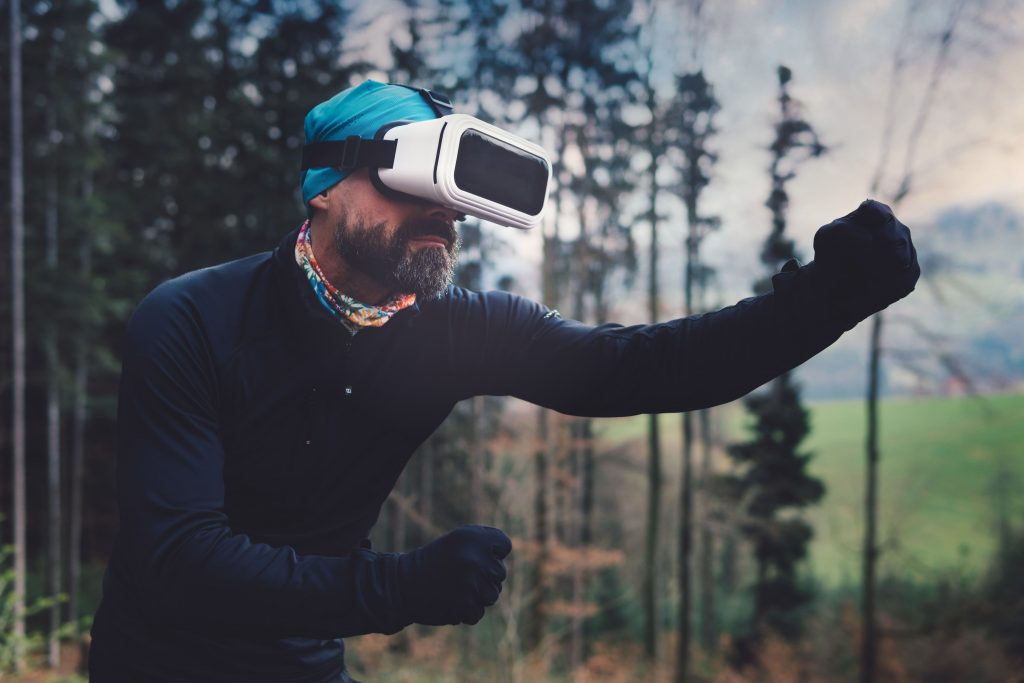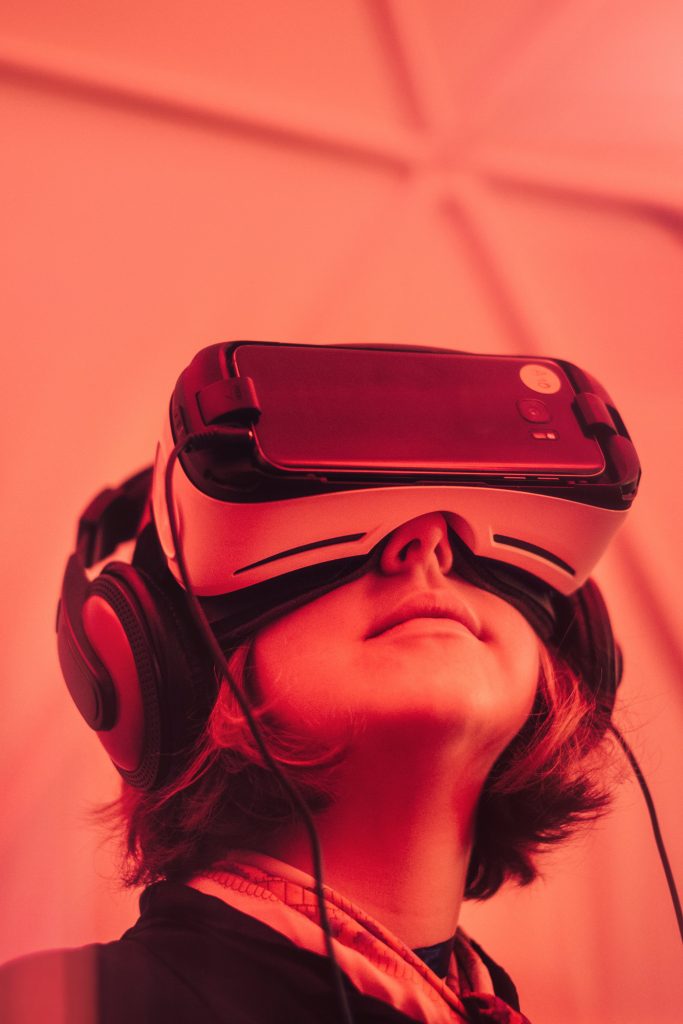
No one likes to read papers anymore. They are considered by many to be a waste of time, energy, and money in today’s era of lightning-fast media. Why should you wait for the early morning newspaper when you can simply swipe your smartphone screen and get updated without having to get out of bed?
This is a groundbreaking change in consumer behavior which is being felt across the wide commercial sphere. Sensing this transition in public taste, marketers have decided to alter their promotional techniques, shifting from old-school tactics to technologically-incorporated strategies.
One such strategy is the use of virtual reality (VR).
People love watching videos online. It’s now something we can do at any place and at any time. Now imagine if we could interact with the video content as well. This brings us back to virtual reality.
VR is a computer-generated simulation which imitates reality and enables users to actually physically interact with the artificially created visual scenario. It’s nothing short of a thrill ride, which you as a marketer can easily monetize.
The main question then becomes: is VR the new marketing vehicle? If so, will it work?
All about the Immersion
Looking at an image of new sports equipment is one thing. Getting the chance to virtually engage with the equipment in order to test it out is an experience of a whole other level. Which one do you think would attract more leads? The second option, obviously. Why? Because it builds a much more immersive and interactive connection with the product. And it is only possible because of virtual reality.

Potential Adoptions
Businesses are continuously looking for new ways to entice young people and to convert consumers into clients. To do so, they tend to rely on social media marketing, email marketing, and content marketing. But all of this is already being done by their competitors.
So how can they stand out and get an extra advantage? By changing their groove and adopting a new innovative technology, like virtual reality, into their strategies.
In what potential sectors can VR benefit the conversion rate and bring in profits? Take a look at the following industries which can possibly implement the VR advertising strategy:
- Travel: With VR, people can experience luxurious flights over the Atlantic Ocean and into the heart of the sunset, the best an airline has to offer, right from the comfort of their home. Or they can travel to exotic places in an artificial simulation as a part of a travel agency’s ad campaign. How cool would that be!?
- Real Estate: Virtual reality takes traditional home viewing to a whole new level. Now, you can check out new estates and get virtual tours of properties, even ones under construction, by simply wearing a VR headset and interacting with the sellers’ avatar. Imagine, seeing the house of your dreams in VR even before its creation! In addition to this, and speaking safety-wise, you can also check out the most optimal spots for installing your wireless home security cameras, where they won’t jut out and ruin the outlook of your home.
- Retail: People love to shop, but they can’t practically travel to a foreign market just to buy that perfect pair of sneakers, can they? So what can they do? Visit the store in VR right from their plushy armchair, and then buy whatever they like using a simple hand or head gesture. Revolutionary, right?
- Education: Reading up on concepts in books gets boring after a while, doesn’t it? What if you could walk through the lives of famous scientists and virtually see them at their work, or visit famous landmarks right from the classroom using VR? Wouldn’t this sort of learning experience stay with you forever?
- Music: Watching a music video is all well and good. But being able to participate and interact with the video in virtual reality is a totally phenomenal experience for users. They’d be more than willing to buy such a track using their Xfinity deals, wouldn’t they?
Gear Restriction:
Although virtual reality sounds quite promising to many businesses, there are many who are still reluctant to adopt it. Why? The main reason is the equipment hassle and cost. It is still quite cumbersome to set up, even though it provides an out-of-this-world experience.
Thus, VR gives people a preliminary choice. It allows them to virtually test a product before buying it. To expand their experiential scale. To achieve the impossible using this technology.
Though it is still in its developmental stages, it seems to modify the sphere of marketing tenfold and projects it into a progressive future.


